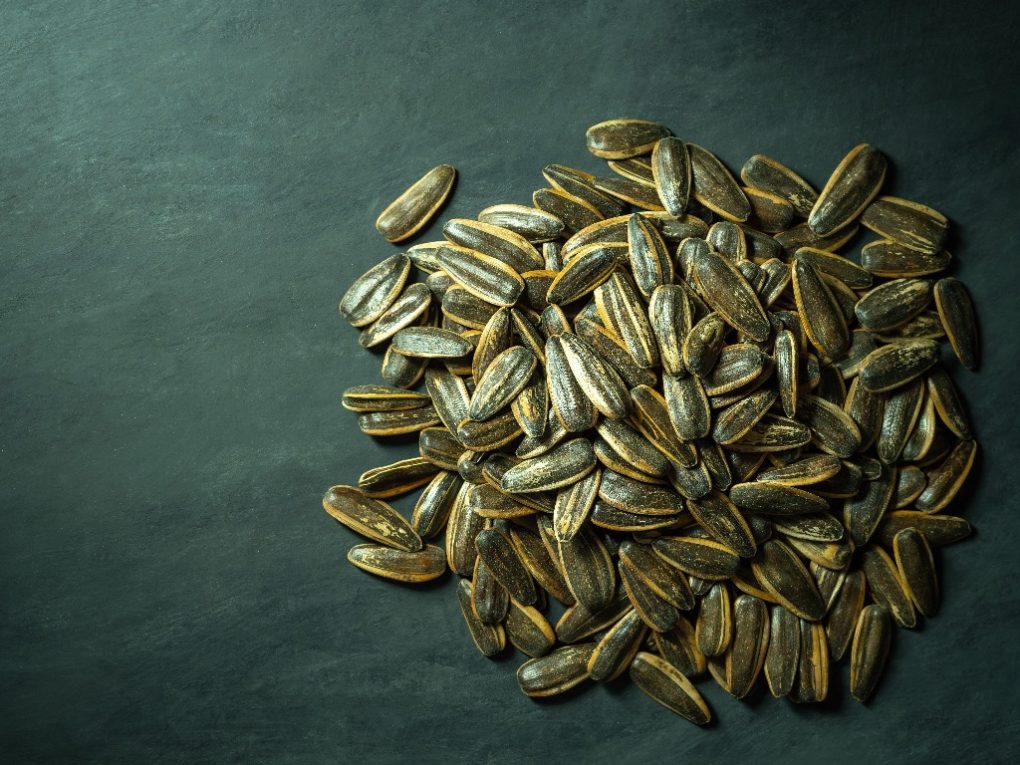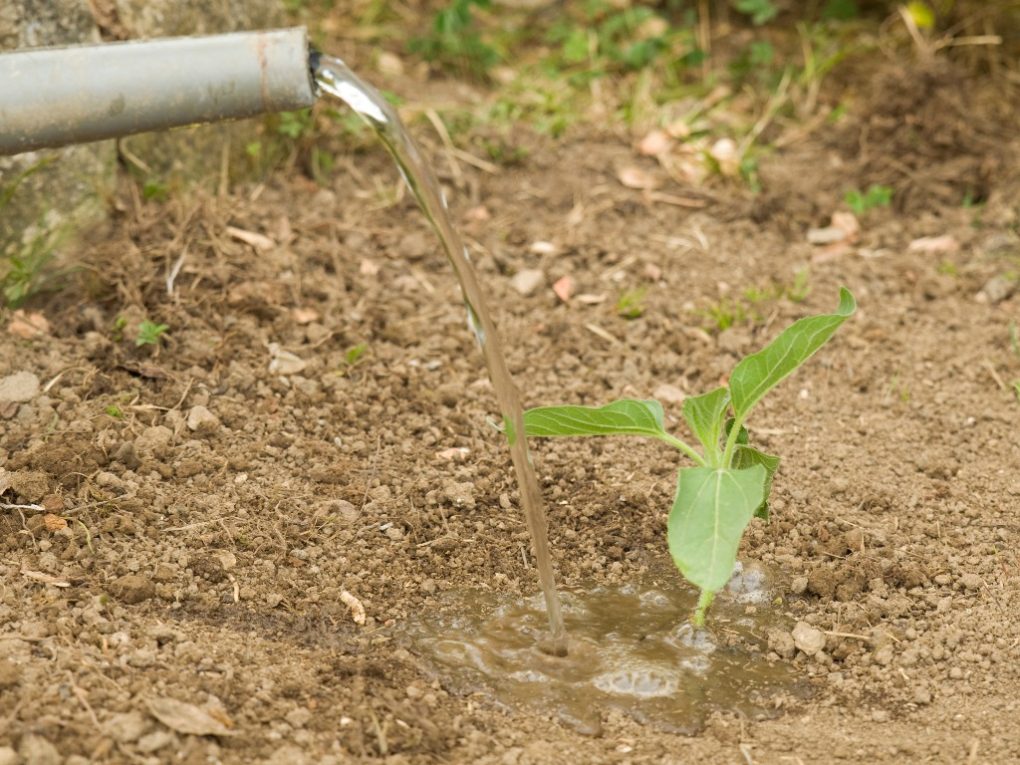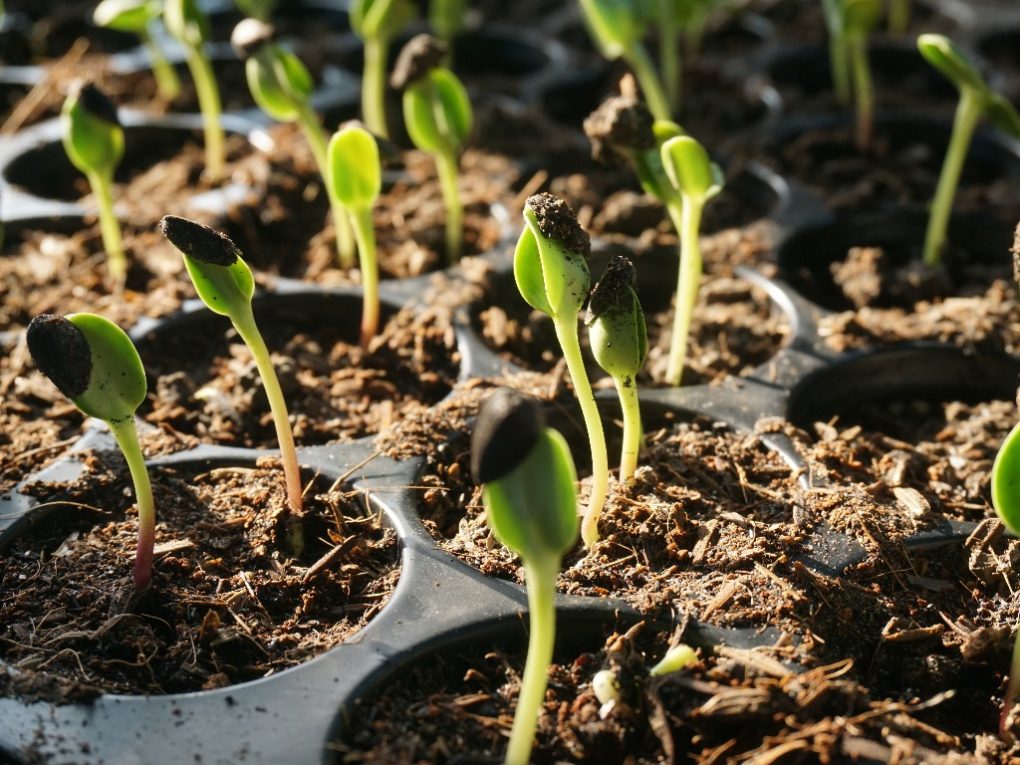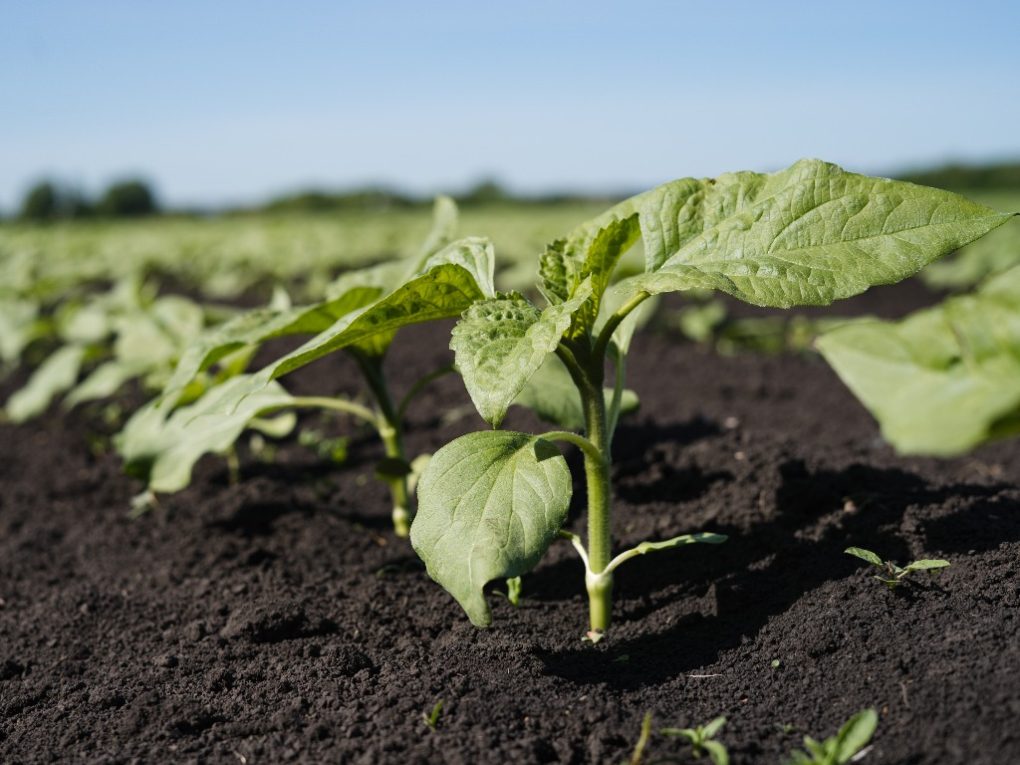Will Roasted Sunflower Seeds Grow: Here’s What You Need to Know
No, roasted sunflower seeds are not likely to grow if you plant them. Roasting sunflower seeds involves heating them at high temperatures, which can damage the seeds and make them unable to germinate. If you want to grow sunflowers, using raw, unroasted seeds is best. You can find sunflower seeds at most gardening stores or online seed retailers.

However, if you want to grow sunflowers from seeds, you can purchase fresh, unsalted, and unroasted sunflower seeds from a health store. These seeds are usually edible and can be planted in the ground or containers. Sunflowers are easy to grow and can add color to any garden or landscape.
Table of Contents
Factors That Affect Sunflower Seed Germination
Soil moisture
According to Iowa State University, soil moisture is another critical factor affecting seeds’ germination. Sunflower seeds require adequate moisture in the soil to germinate successfully. However, overwatering can cause the seeds to rot, and insufficient moisture can prevent the seeds from germinating at all.
It’s essential to keep the soil evenly moist but not soggy. After planting the seeds, water the soil gently and deeply, ensuring that the water penetrates at least an inch into the soil. You can water the soil regularly to keep it moist but avoid overwatering, which can cause the seeds to rot.

Soil Temperature
Soil temperature is an important factor for the successful germination of sunflower seeds. Sunflower seeds require warm soil temperatures to germinate, ideally between 18-24°C (64-75°F).
If the soil is too cold, the seeds may fail to germinate or take longer. Waiting until the soil has warmed up sufficiently is important in colder regions before planting sunflower seeds. You can use a soil thermometer to measure the soil temperature and ensure it’s warm enough for planting.
Storage Conditions
The storage conditions of sunflower seeds can affect their viability. Sunflower seeds should be stored in a cool, dry place to prevent moisture from damaging the seeds. Moisture can cause the seeds to mold, which can prevent germination. Additionally, sunflower seeds should be stored in airtight containers to prevent exposure to air, which can cause the seeds to go rancid.
Soil Quality
Sunflower seeds require well-draining soil that is rich in organic matter. The soil should be loose and crumbly, allowing the seeds to sprout easily and grow roots. Additionally, the soil should have a neutral pH level, as acidic or alkaline soil can prevent germination.
Watering
Sunflower seeds require consistent moisture to germinate and grow. However, overwatering can cause root rot and prevent germination. Therefore, it is important to water sunflower seeds regularly but not excessively. A good practice is to water the seeds when the top inch of the soil feels dry.
Seed Depth
Planting sunflower seeds at the correct depth is crucial for successful germination. Sunflower seeds should be planted at a depth of about 1-2 inches (2.5-5 cm) in the soil.

Planting the seeds too shallow can expose them to the elements and make them more vulnerable to drying out or being eaten by birds or pests. Planting them too deep can make it more difficult for the seedling to push through the soil and emerge.
Before planting sunflower seeds, loosen the soil to a depth of at least 6 inches (15 cm) and remove any rocks or debris that could impede growth. Plant the seeds at the recommended depth and cover them with soil, gently pressing down to ensure good soil-to-seed contact.
Sunlight
Sunflowers require plenty of sunlight to grow and thrive. Sun-loving plants require at least 6-8 hours of direct sunlight daily to produce large and healthy blooms.
When choosing a location to plant sunflowers, select an area that gets plenty of sunlight during the day. Avoid planting them in areas with too much shade, as this can cause them to grow weak and spindly, with fewer blooms.
If you are growing sunflowers indoors, place them near a bright, south-facing window or under grow lights that mimic natural sunlight. Ensure they receive sufficient light for at least 6-8 hours daily.
It’s also important to note that sunflowers can track the sun’s movement and face east in the morning and west in the evening. This is known as heliotropism and helps plants maximize their exposure to sunlight.
Tips When Planting Sunflower

- Choose the right location: Sunflowers require plenty of direct sunlight and well-draining soil to thrive. Choose a location that receives at least 6-8 hours of direct sunlight daily and has loose, well-draining soil. Based on experience, enough sunlight gave my sunflower the best bloom it could ever have!
- Prepare the soil: Loosen the soil to a depth of at least 6 inches (15 cm) and remove any rocks or debris that could impede growth. Mix in compost or organic matter to help improve soil fertility and drainage.
- Plant the seeds at the right depth: Sunflower seeds should be planted in the soil at about 1-2 inches (2.5-5 cm). Plant the seeds at least 6 inches (15 cm) apart to give them room to grow.
- Water the seeds: After planting the seeds, water the soil gently and deeply, ensuring the water penetrates at least an inch into the soil. Keep the soil moist but not waterlogged to encourage successful germination.
- Protect the seeds: Sunflower seeds can attract birds and pests, so cover the soil with a protective cover or use netting to keep them away. You can also cover the soil with mulch to retain moisture and regulate soil temperature.
- Provide support: As sunflowers grow tall, they may require support to prevent them from falling over in strong winds. Install stakes or use a trellis to provide support to the plants.
- Harvest the seeds: Sunflowers produce seeds that are edible and nutritious. Allow the flowers to fully mature and dry out before harvesting the seeds. Cut off the flower heads and remove the seeds by rubbing them against a wire mesh screen or by hand.
